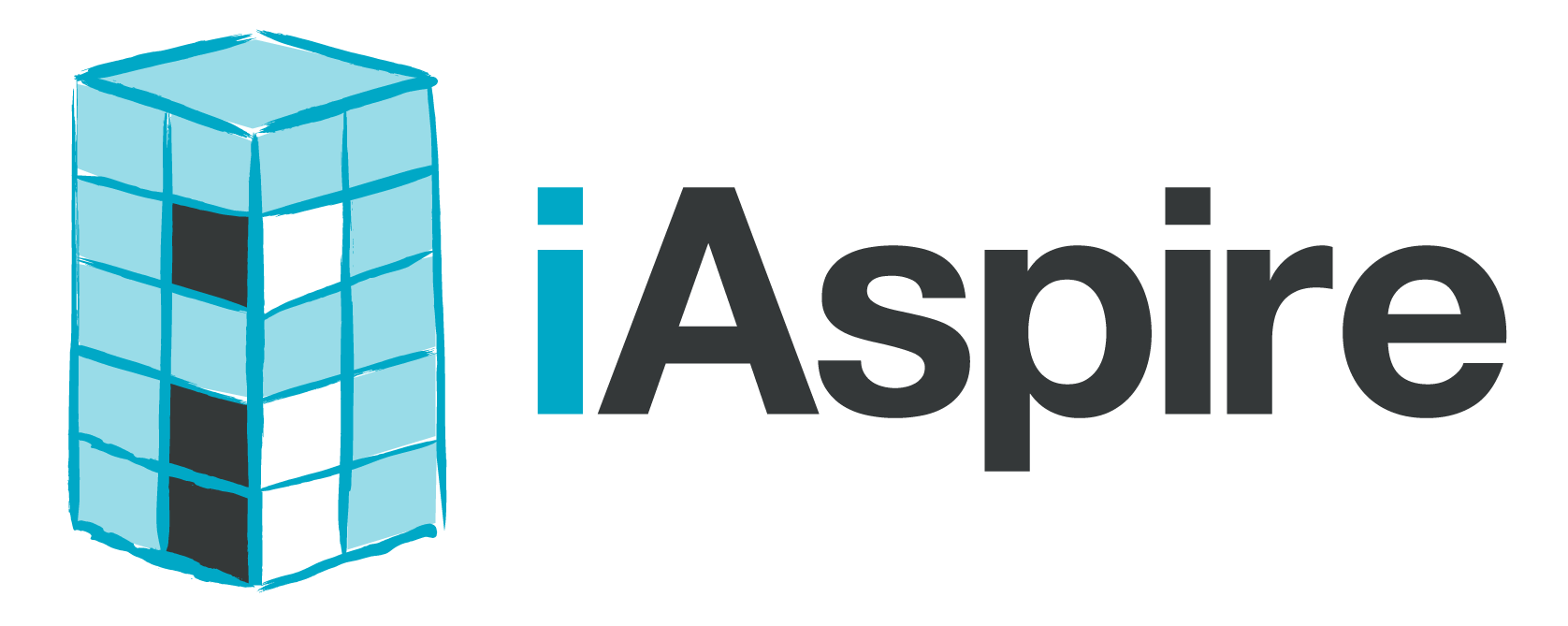5 Considerations When Being Observed
Last week we looked at the teacher evaluation/observation process from the eyes of the observer. Today we'll look through the lens of the person being observed, the teacher. When being observed, it is natural to feel anxiety, for the entire observation to go by in a blur. Oftentimes when the observer leaves the classroom the teacher will instantly start to consider all the things he/she did "wrong" instead of the many great things that happened. Every class period and lesson is unique, and this observation is just a sliver into what you do on a daily basis.
When thinking about how to approach the evaluation/observation process, keep in mind the following five considerations for teachers.
Considerations when being observed
5 - If you were observing this lesson, what feedback would you give yourself? - Truly reflect on your actions, the actions of your students, and the words being used throughout the lesson. Think about your lesson plan, its purpose, its execution, and how you responded to your students. If you were a student in your class, would you have wanted to attend this lesson? What went well and what didn't? Why? What would you do differently if given the opportunity to reteach this lesson to these students on this day?
4 - Approach the observation process from a learning perspective - It is natural for teachers, or anybody who is being evaluated, to be defensive when receiving feedback or while in a face-to-face observation debrief meeting. You are being critiqued, analyzed, and judged (or at least it feels this way!). Instead of instantly defending your actions, listen openly and think about what you could learn from this process. There are times when you may feel the need to defend your actions and/or words. Advocate for yourself if needed, but try to learn something at the same time
.3 - Seek clarification - Ask questions and seek exemplars. You will receive feedback that you either agree with or don't. When you don't agree, ask questions! Try to figure out why your words/actions came across the way they did, and figure out what you can do about it. Are there teachers in your building/grade/department that you could observe? Exemplars are a great way to learn! Sometimes teachers receive feedback such as "Great job!" and not much more. In these instances, ask for clarification. Try to figure out exactly what about the observation was great so you know what to repeat.
2 - Think critically, but don't be critical - While thinking critically about the lesson, it's easy to be critical of yourself. Don't be. You became a teacher for a reason, most likely to make a positive difference in the lives of others. Your students and colleagues need the very best version of you possible, and you can't give the best of you when you are being critical of yourself. This can be done by remembering consideration #1.
1 - Separate your role as a teacher from your identity - You are a teacher, but that does not define who you are as a person. You are also a mother, father, sister, brother, friend, learner, colleague, etc. There are many different roles you take on during a typical day, week, month, and year. As much as possible, especially for those observations and evaluations that didn't go as intended, remember this is one of your roles. Don't bring down the rest of your roles, and remember - who you are, your identity, is much more.
Teachers, what do you consider when somebody is observing you?
